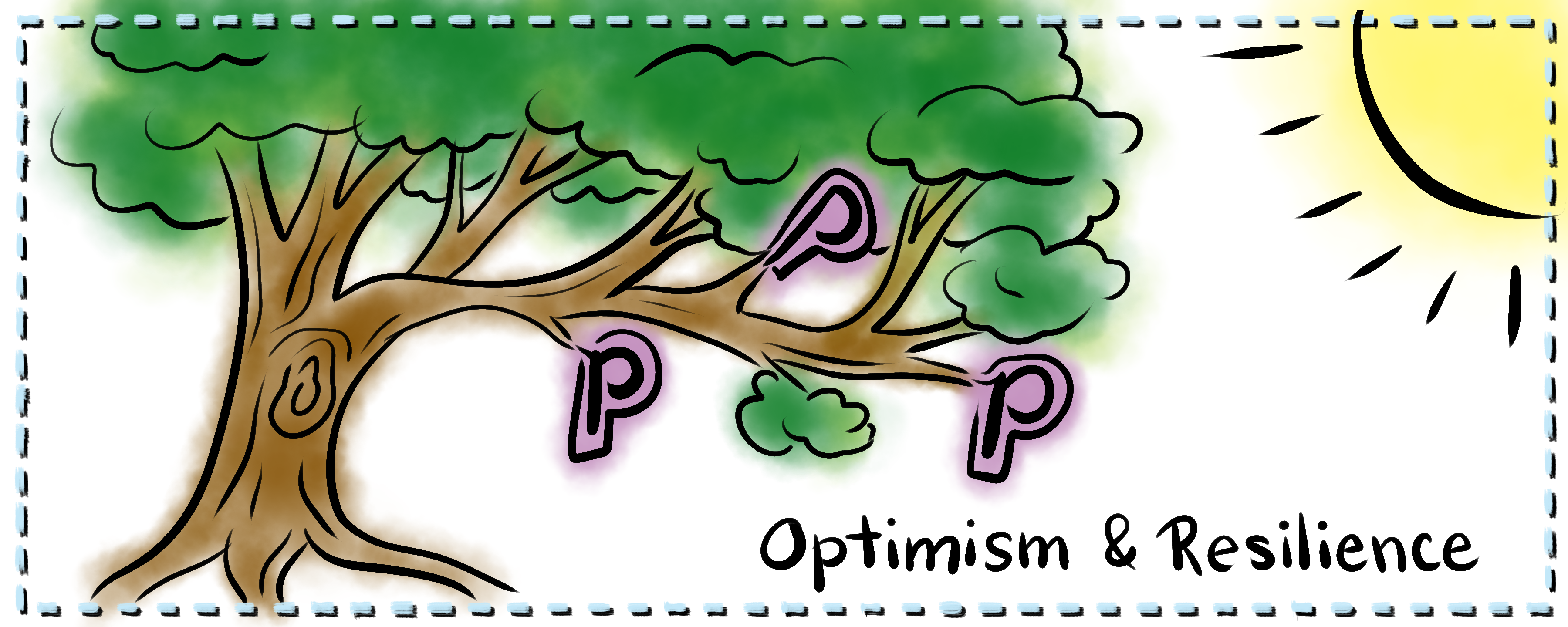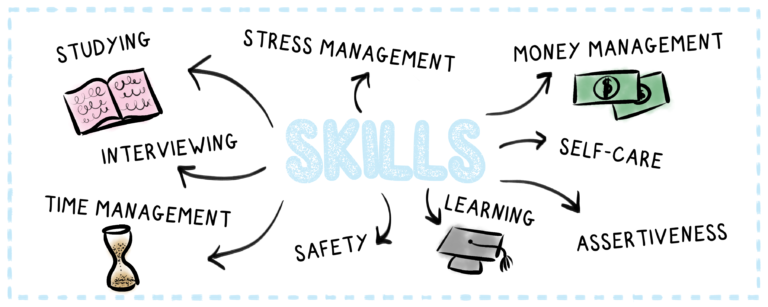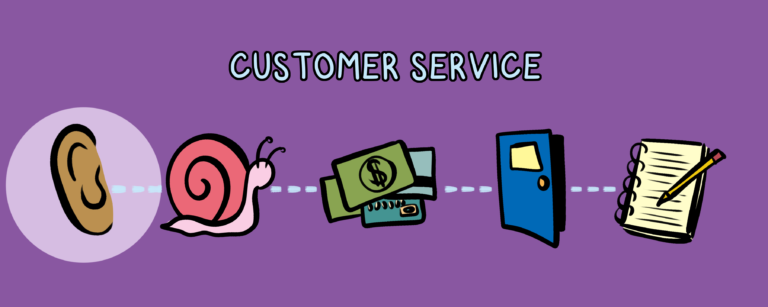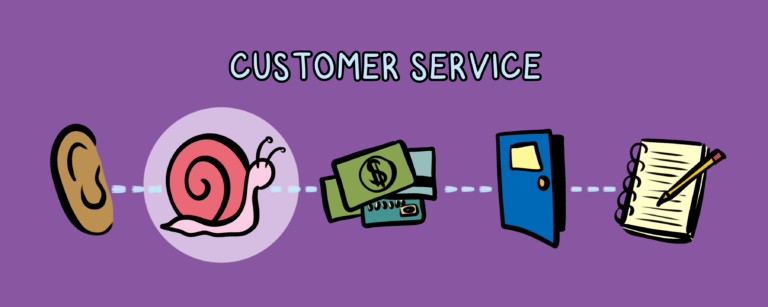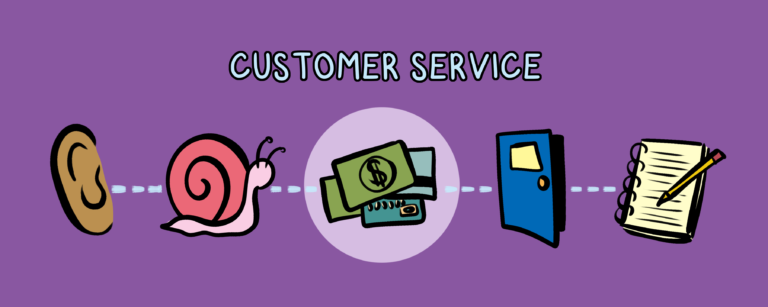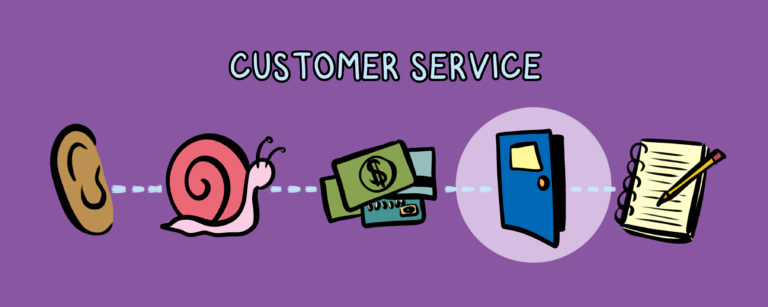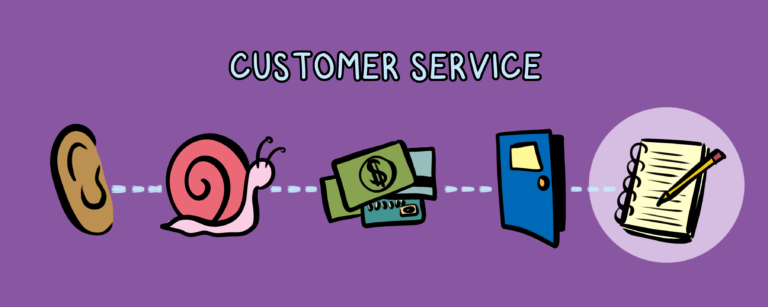Oh, hello. Welcome to the community.
It’s the end of summer! You’re likely thinking ahead to the upcoming academic year and planning for the arrival of your new students and staff teams. There’s not much time left to think, to reflect, to learn. The busy time is coming–the stress of August and September will be here before you know it, and you need to be ready. Resilience is a term that is discussed regularly on college campuses. Professionals suggest that students are no longer resilient and that Counseling Services facilities have seen a tremendous increase in demand. Often, Residence Life professionals are the first-line staff who hear from students when they’re suffering. That’s hard. How do you cope? How do you get through?
Permanence, Pervasiveness, Personalization
Resilience is defined as the capacity to recover quickly from difficulties; toughness. Great definition, but how does that help us? If you meet a student who is lacking resilience, what can you do? How do you empower that student? I stumbled upon a different way to think about resiliency. The article suggests that resiliency can be related to optimism and pessimism. Now, I’m not suggesting optimists are the only resilient people—consider these elements described by psychologist Martin Seligman:
- Permanence- People who are optimistic (and therefore have more resilience) see the effects of bad events as temporary rather than permanent. For instance, they might say, “My boss didn’t like the work I did on that project,” rather than, “My boss never likes my work.”
- Pervasiveness- Resilient people don’t let setbacks or bad events affect other unrelated areas of their lives. For instance, they would say, “I’m not very good at this,” rather than, “I’m no good at anything.”
- Personalization- People who have resilience don’t blame themselves when bad events occur. Instead, they see other people, or the circumstances, as the cause. For instance, they might say, “I didn’t get the support I needed to finish that project successfully,” rather than, “I messed that project up because I can’t do my job.”
What now?
Consider the three P’s as you head into what many consider one of the most stressful times of your annual cycle. Change your mindset to help yourself and help you coach students and staff through their own struggles. As Residence Life professionals, you are not professional counsellors, and should not be expected to be. You ARE coaches, mentors, and the ear that is there when students need it most. The ability to shift the mindset of someone to understand that there is hope is huge and sounds insurmountable. After reading Seligman’s three P’s, it feels like reframing and refocusing could be the first steps to empower students to think more resiliently.
Let’s Talk
Ask yourself, do you consider yourself a resilient person? Do you support what Seligman is suggesting, or do you have a different way at looking at resilience? Let’s talk about it. Comment on one of our social channels. Alternatively, fire us a DM or email for a more private conversation. We love to hear from you.
And thanks for being part of our community. We’re glad you’re here.
